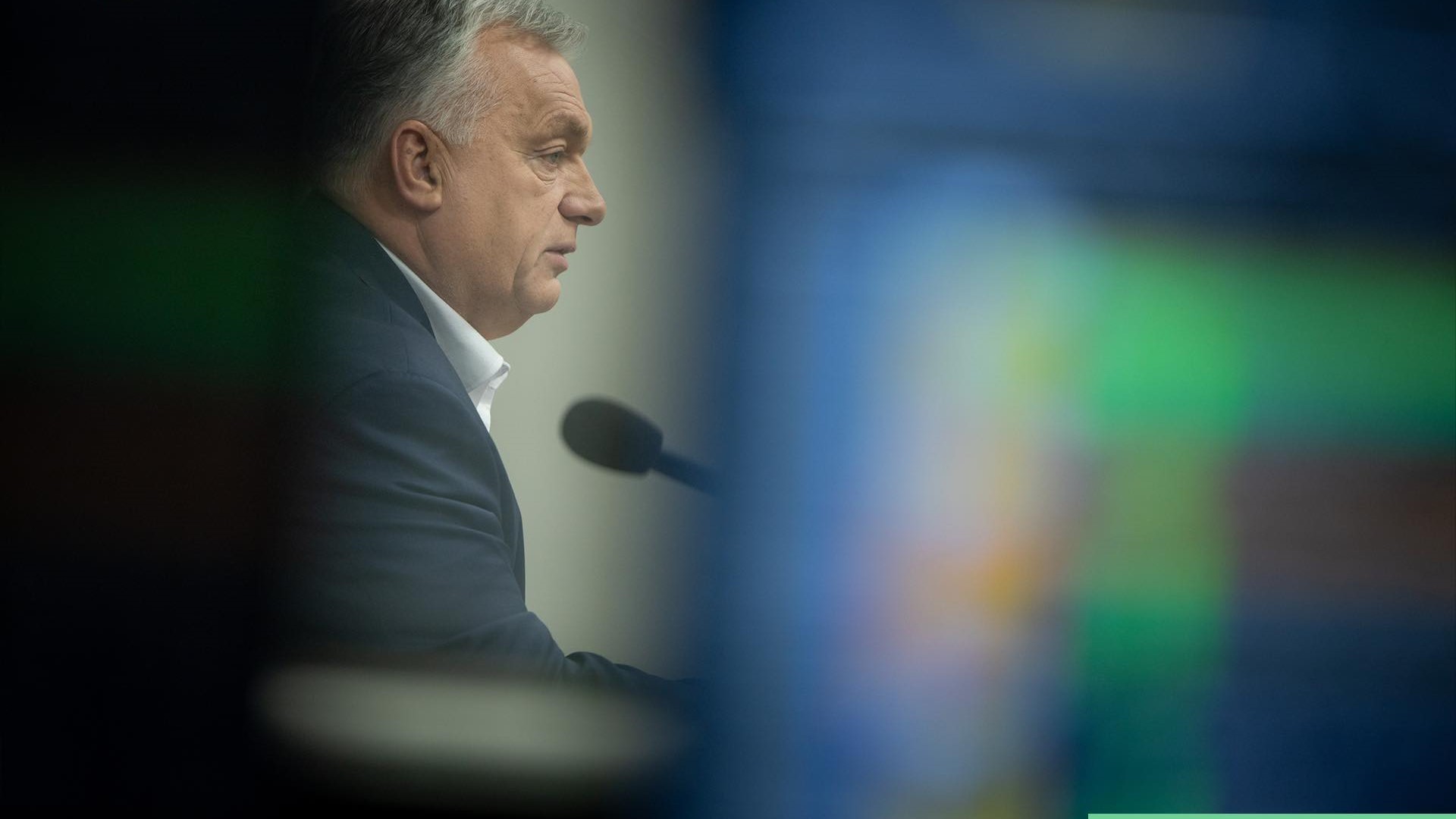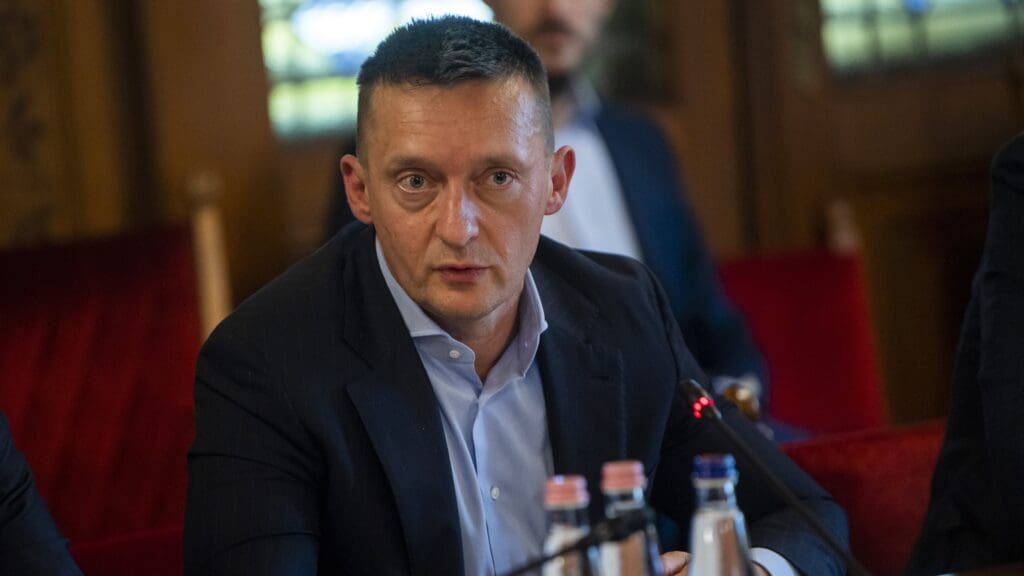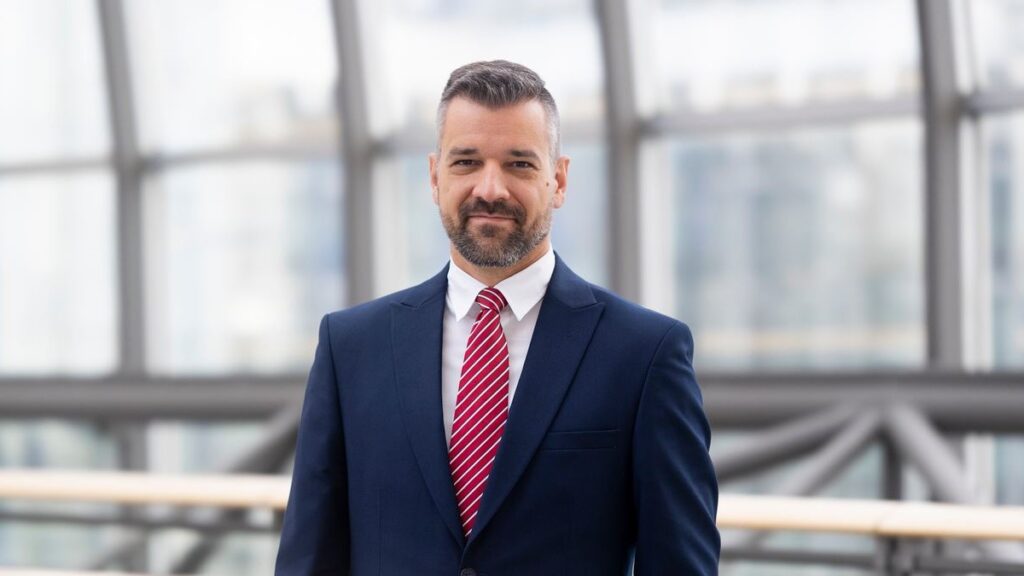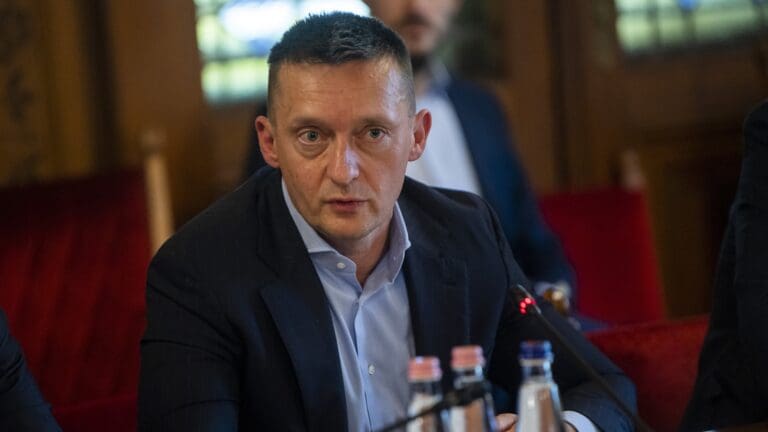Prime Minister Viktor Orbán described the current state of the Russia–Ukraine war as paradoxical, stating that while peace feels nearer than ever, the situation has never been as dangerous as it is now. In his regular Friday morning interview with public Kossuth radio, the prime minister emphasized the gravity of recent developments, including Russia’s test-launch of an intercontinental ballistic missile capable of carrying nuclear warheads.
The War in Ukraine
‘This demonstration of power has given everyone pause,’ Orbán remarked, highlighting the presence of Western soldiers among casualties in Ukraine as reported by Russian sources. According to him, this marks a dangerous escalation, with Western troops now directly involved in the conflict.
Orbán criticized European politicians and the European Parliament for perpetuating the war by adopting resolutions to continue supporting Ukraine. He also noted the lack of immediate impact from Donald Trump’s election victory on the geopolitical situation, with the outgoing US administration maintaining its pro-war stance.
Jó reggelt, Magyarország! 2024.11.29.
Jó reggelt, Magyarország! 2024.11.29.
Peace Budget versus Brussels
Turning to domestic matters, Orbán outlined the significance of the proposed peace budget, which aims to facilitate a new economic strategy. He expressed hope that Parliament would approve the budget, allowing the government to present its measures widely.
‘After difficult years that have tested everyone, people are eager for an end to these hardships,’ he said. Orbán also criticized EU demands that would obstruct Hungary’s economic initiatives, stating his resolve to shield the nation from detrimental Brussels policies.
Highlighting ongoing battles with the EU over migration and child protection issues, he stressed the importance of national consultations to solidify Hungary’s stance. ‘These fights must not only be fought but won,’ Orbán declared.
Romanian Elections
Addressing the Romanian elections, Orbán encouraged ethnic Hungarians to participate actively to secure parliamentary representation for their community. He commended Hunor Kelemen, President of the Democratic Alliance of Hungarians in Romania (RMDSZ), for his efforts in the presidential race, particularly his adept use of the Romanian language.
Orbán Viktor
Ha péntek, akkor rádió. Fontos bejelentésekkel!
‘We can be proud of our compatriots abroad. The question is, are they proud of themselves?’ Orbán pondered, urging Hungarian voters in Romania to turn out in large numbers for the RMDSZ in the December elections.
On Wages and Exiting Central Bank Governor Matolcsy
The Prime Minister also touched on domestic wage policy, celebrating a historic 40 per cent wage increase. ‘This scale of growth has only occurred once before in Europe,’ Orbán noted, affirming the government’s commitment to raising average wages to 1 million forints.
While the government plays a mediating role between employers and workers, Orbán stressed the importance of productivity improvements and reduced administrative burdens to sustain wage growth. ‘Economic growth requires companies to perform better. Without improving management quality, sustaining these raises will be challenging,’ he explained.
As the term of György Matolcsy, Governor of the National Bank of Hungary, nears its end in March, Orbán praised his contributions, particularly in rescuing citizens from the foreign currency loan crisis in 2010. Orbán announced the nomination of Finance Minister Mihály Varga as Matolcsy’s successor, citing his steady leadership qualities.
Related articles:








